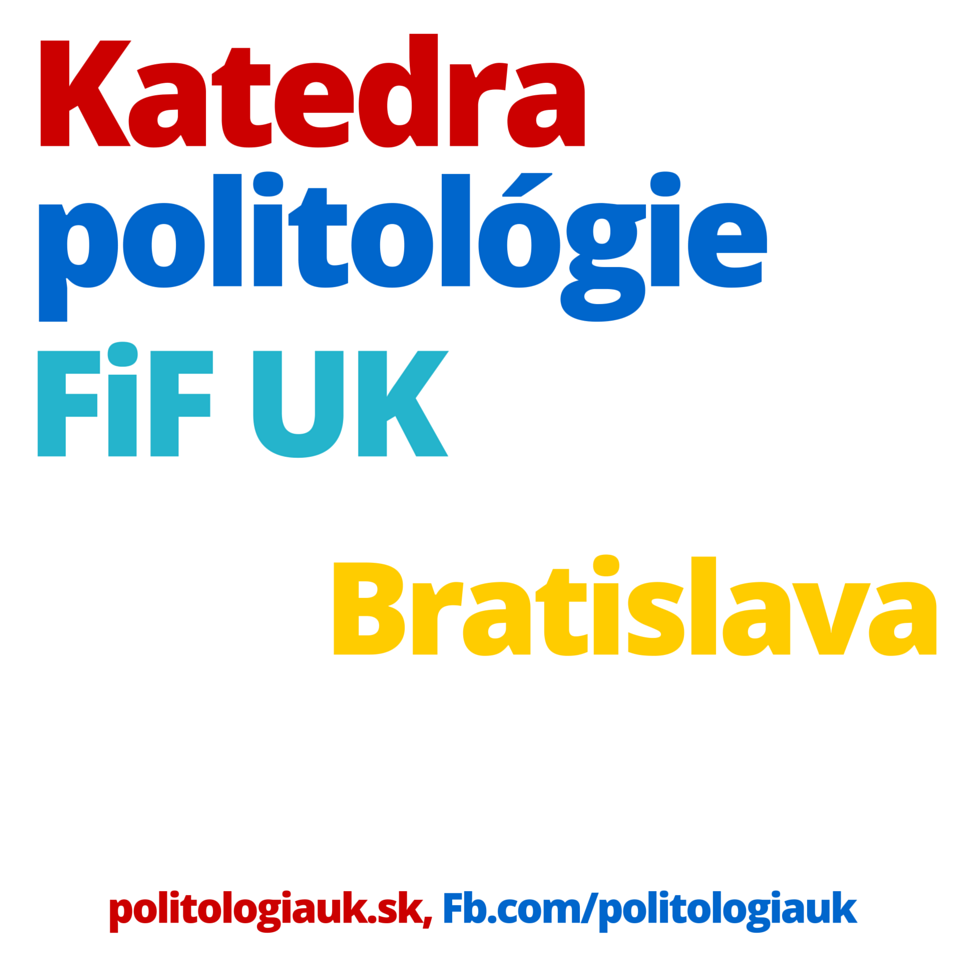The Russian invasion of Ukraine triggers a number of different psychological, social and economic reactions in societies. In the socio-economic aspect, the invasion evokes a sense of financial and social threat in a large number of European societies. Among the main reasons for unrest in the economic area is the concern about energy security and the provision of heat in buildings. The project is a direct response to the challenges of the sense of threat to energy security caused by the invasion of Ukraine in the societies of the V4 countries. The interruption of the supplies of gas, oil and other raw materials from Russia not only forced governments to adjust their energy policies to the new conditions but also forced citizens to change their social behaviour and strategy. This has given rise to grassroots social activities that we call ‘energy self-defence’, which is the main subject of this project. The problem raised in the project is therefore complex: providing citizens with access to ‘clean energy’, showing social obstacles to access to energy and heat, unequal distribution of energy, and finally combining a fair energy transition with energy security, innovation and decentralisation of energy systems at the civic level. The invasion of Ukraine has shown that centralised, large power plants require high-voltage grids that can be interrupted by military actions and that large power plants are also easily attacked in military conflicts. On the other hand, decentralised energy systems based on renewable sources protect the climate, the pockets of citizens and households.
The project focuses on the analysis of the barriers and challenges faced by the citizens of the V4 countries in the face of increasing energy and heating fees. It also aims to explain and show how the energy crisis has influenced the behaviour of individual economically and spatially diversified social groups. The comparative research covering four countries, residents of rural and urban areas, as well as people with different financial and cultural capital, may show universal mechanisms in V4 societies. In general, it is about understanding how the concern for energy security has influenced the activity and actions of citizens and how energy self-defence can strengthen innovative behaviour in society. The implementation of this project will make it possible to formulate recommendations for public institutions and make it easier to finance practical solutions that, on the one hand, will facilitate the development of the energy civil society sector and, on the other hand, will reduce energy poverty and accelerate the process of energy transition in the V4 countries. The project will include: a) Conducting research activities (focus group interviews with people who have invested in solar energy, energy storage and heat pumps and with people who fell into energy poverty after 2022). In each country, interviews will be carried out in 3 groups (appr. 10 people in each group). In total, approximately 120 people will be interviewed. b) Promoting research results and social recommendations based on the acquired empirical data (research reports plus conference presentations).
Results of the project were published in a report "Civil energy self-defence in the Visegrad Group. Solar panels, heat pumps, and energy poverty".
Policy briefs
Policy brief v slovenskom jazyku na tému "Ako prosumeri reagujú na súčasnú energetickú krízu?"
Policy brief v slovenskom jazyku na tému "Ako užívatelia tepelných čerpadiel reagujú na súčasnú energetickú krízu?"
Policy brief v slovenskom jazyku na tému " Ako ľudia zažívajúci energetickú chudobu reagujú na súčasnú energetickú krízu?"
Policy brief v slovenskom jazyku na tému "Ako ľudia reagujú na súčasnú energetickú krízu? Lekcie z Vyšehradskej skupiny"
Project partners
Centrum Praw Obywatelskich i Badań nad Demokracją (www.cpo.edu.pl) has extensive experience in carrying out social research, and people associated with this institution have extensive knowledge and are experts in the fields of energy policy, energy transition and environmental policy. The partner is a good guarantor of the reliable implementation of the research in Poland and is also a bridge between the academic community, social organisations and the sphere of civil society. This organization is currently implementing a project entitled ‘Opportunities for and obstacles to the development of the environmental movement in Poland 30 years after the systemic transformation: “the green social order” and the structural and cultural determinants of Polish society’.
Centre for Economic and Regional Studies, Institute of World Economics (https://vgi.krtk.hu/en/) is leading Hungarian centre analysing economic developments as well as various policies including climate and energy ones. The Institute employs wide range of experts that examine issues connected to EU's climate and energy policy and their impact on member states as well as the world.
Institute of International Relations Prague (https://www.iir.cz/en/) is a public research institution that conducts excellent academic and policy research in the field of international studies. The IIR is an active member of several international networks and consortia, including EADI, the ECPR, EPIN, TEPSA, the PCSD Partnership, Think Visegrad and the EU Non-Proliferation Consortium. In the last two years (2020, 2021), the IIR core team of 31 researchers (as of December 2021) produced 30 impacted journal articles listed in Web of Science and 4 monographs. The outputs of the IIR’s researchers had 2,003 citations in Web of Science in 2021, excluding auto- citations. At present, five GAČR projects are being implemented at the Institute, together with a number of other research projects sponsored by a variety of donors, including Horizon 2020, Horizon Europe, COST Action, TAČR and others.
The Department of Political Science at the Comenius University in Bratislava has been evaluated as No. 1 department in Political Sciences in Verification of Excellence in Research by Ministry of Education of Slovak Republic in 2022. Over the last five years, it has implemented three H2020 projects and seven large-scale projects funded by the national research agencies (APVV). The department included leading Slovak experts on issues connected to domestic politics, public policies (including the EU) and international relations.
Project is supported by grant by the International Visegrad Fund (https://www.visegradfund.org/) under contract no. 22320072.







